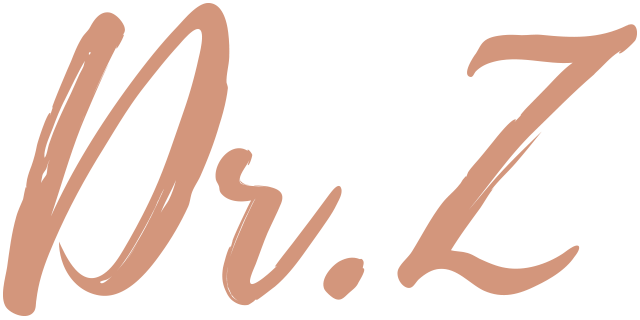Coaching vs. Therapy: What’s the Difference?
When seeking out support, you may find yourself questioning what approach is best suited for your needs. Both coaching and therapy focus on improving quality of life and making healthy life decisions; and while there is some overlap between them, there are several important differences that exist.
First, coaches do not treat mental health conditions. Mood disorders (e.g., depression), anxiety disorders, and other clinical diagnoses are addressed and treated in therapy by mental health providers. Therapy involves the application of evidenced based strategies used to regulate emotions, heal from prior traumas, and decrease overall symptom frequency and severity.
Second, while both coaches and therapists work to identify patterns of behavior, therapists typically dive deeper into why these patterns exist, how they developed in childhood, and how they manifest across the lifespan. Relationship coaches, however, explore current patterns and behaviors within the identified relationship. Think of relationship coaching as a more direct, short-term approach to achieving your immediate relationship goals. In other words, coaches help you become “unstuck” in current life circumstances by identifying unhelpful and toxic patterns of behavior and implementing healthier ones.
